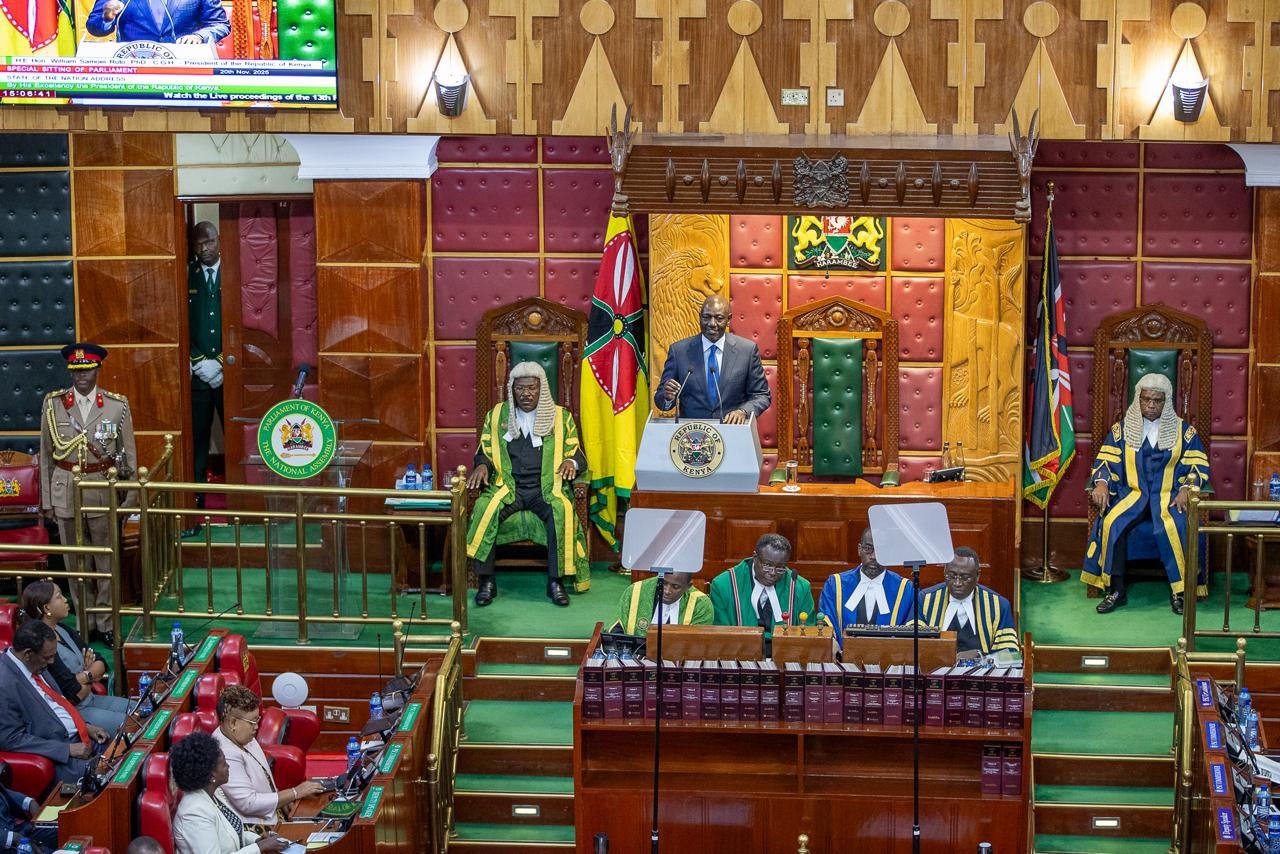For a product with no health benefit, tobacco carries an unusually hefty price tag to users and the economy.
Researchers now estimate that tobacco use costs Kenya up to Sh98 billion ($756.22 million) every year.
The loss comprises direct costs of tobacco-related illnesses and indirect costs related to lost income.
The study, published on Monday in Tobacco Use Insights journal, estimates that in 2022 alone, Kenya lost between Sh70 billion and Sh98 billion ($544.74 million and $756.22 million) to tobacco use, significantly outstripping the revenue generated by the industry.
“For every dollar the tobacco industry contributes to the Kenyan economy, the country loses between $2.2 (Sh283) and $3 (Sh387) in healthcare expenses and lost productivity. This represents a poor value for money from this investment,” said one researcher, whose team conducted the study in 2021 and 2022.
The study is titled, "The Economic Costs of Tobacco Related Illnesses in Kenya."
Researchers include Dr Daniel Mwai, a health economist from the University of Nairobi.
The others are affiliated with the Ministry of Health, Kenya Medical Research Institute, University of KwaZulu-Natal (South Africa), Moi Teaching and Referral Hospital, Kenyatta National Hospital, African Population & Health Research Centre, Centre for Respiratory Diseases Research and Futures Health Economics and Metric.
Conducted across KNH, MTRH, KU Referral Hospital and the Othaya Referral Hospital, the study focused on costs associated with four major diseases linked to tobacco use.
These are heart diseases, cancer, chronic obstructive pulmonary disease and tuberculosis.
Researchers used Activity-Based Costing approach to calculate the direct and indirect medical costs borne by patients, from treatment to productivity losses due to illness.
The total cost of treating tobacco-related illnesses was estimated at $2.8 billion (Sh361 billion) a year.
"Of these costs, we estimate that $396.1 million (Sh51 billion) is linked to tobacco use [in 2022 alone]," Mwai and his colleagues said.
"Myocardial infarction (heart attack) was found to have the highest healthcare cost, amounting to a staggering $158.7 million (Sh20 billion)."
This was followed by peripheral arterial disease and stroke, costing $64.7 million (Sh8.2 billion) and $44.7 million (Sh5.6 billion) respectively.
The main driver of these costs is medication, which accounted for more than 90 per cent of the total healthcare expenses.
The study also highlighted significant productivity losses, which ranged between $148 (Sh19,000) to $360 (46,000) per patient, contributing to 27 per cent to 48 per cent of the total economic cost.
"This is not just a health crisis but an economic one," said a health economist familiar with the study.
"The amount we are spending on treating tobacco-related illnesses far outweighs the benefits we get from the tobacco industry. It's simply not sustainable."
In stark contrast, the revenue generated by the tobacco industry in Kenya in 2022 was Sh32.6 billion ($252.93 million) —just a fraction of the economic losses caused by tobacco use.
The industry's contribution to the national GDP, about seven per cent, is dwarfed by the costs of treating tobacco-related illnesses and the losses from decreased productivity.
The findings call into question the value of tobacco as a contributor to Kenya’s economy.
"It's clear that we’re dealing with a net loss for the economy," said an expert from the research team.
"It’s like pouring water into a bucket with a hole at the bottom."
The authors of the study are urging the government to strengthen its implementation of the Framework Convention on Tobacco Control – a WHO treaty to end tobacco use – and the Tobacco Control Act of 2007.
These findings are particularly troubling as they come when Kenya’s healthcare system is already strained.
“The government should lead in developing and enforcing comprehensive tobacco control policies in line with the WHO Framework Convention on Tobacco Control, including measures such as increased tobacco taxes and graphic health warnings,” the authors said.
The study's conclusion is clear: tobacco-related illnesses impose a significant burden on Kenya’s economy and without decisive action, the costs—both financial and human—will continue to escalate.






![[PHOTOS] Betty Bayo laid to rest in Kiambu](/_next/image?url=https%3A%2F%2Fcdn.radioafrica.digital%2Fimage%2F2025%2F11%2F3b166e2e-d964-4503-8096-6b954dee1bd0.jpg&w=3840&q=100)







